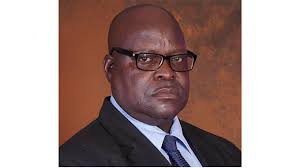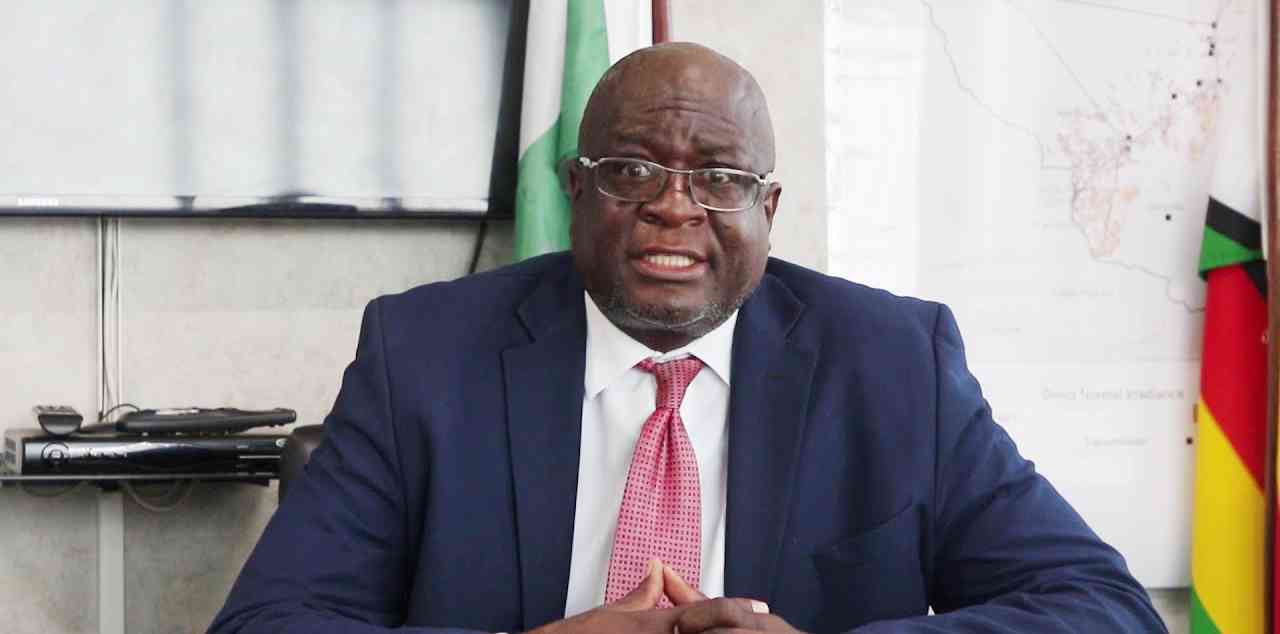
BY FIDELITY MHLANGA
ABOUT 324 pension funds registered in Zimbabwe have hit hard times, a senior official with the Insurance and Pensions Commission of Zimbabwe (Ipec) said, as the regulator announced plans to shut down or merge troubled operators.
Cuthbert Munjoma, the director of pensions at Ipec, told Standardbusiness that the country had 900 registered pension funds, but 36% of them were idle.
He said the consolidation would be in line with sector reconfigurations that have taken place in countries like South Africa, which has stabilised the sector.
“We have put focus on efficiency in the administration of pension funds,” said Munjoma, who also spoke during the Zimbabwe Association of Pension Funds conference in Nyanga.
“The commissioner has highlighted the issue of managing expenses and there are various initiatives that we are putting in place, including revisiting administration models.
“We did an inspection last year, focusing on expenses and the findings were that some of the cost structures are not sustainable.
“So as a regulator, part of our priorities in 2022 (will be) going to cause a consolidation of pension funds particularly those that can’t sustain their cost structures.”
- Chamisa under fire over US$120K donation
- Mavhunga puts DeMbare into Chibuku quarterfinals
- Pension funds bet on Cabora Bassa oilfields
- Councils defy govt fire tender directive
Keep Reading
Pension funds derive support from working class members, who contribute towards their retirement savings.
But Zimbabwe’s pension funds have recently been affected by the closure of firms, which have affected contributions and viability.
In the wake of the hyperinflationary environment that started at the turn of the century, some contributors have dissolved their pension schemes.
Many say it would be important to liquidate their savings and buy properties before the inflationary rage destroys the Zimbabwe dollar further.
Experts say as the number of people making contributions decline, pension funds have run into more financial problems.
Last month, the National Social Security Authority (Nssa) said about 1,8 million workers have fallen out of the its pension scheme in the past few years due to the industrial carnage, giving an indication of the problems affected funds.
Nssa deputy director for social security, Tambudzai Jongwe said at its peak, the state-run compulsory pension scheme managed 3,2 million active accounts.
However, 1,4 million active accounts were currently under Nssa’s stewardship, Jongwe said.
While the industrial bloodbath has been felt since bad policies unsettled the key agricultural, manufacturing and mining sectors from 2000, job market turmoil reached tipping point between 2011 and 2013 after 4 561 companies collapsed, throwing 55 000 staff into the streets.
Thousands of graduates have been churned out of the tertiary education system during the period, never to find formal jobs.
While many have entered the hugely expanding informal sector now estimated to be controlling 60% of Zimbabwe’s economy, millions more have been haunted out of the country by the blazing economic crisis.
Jongwe said Nssa was worried about high levels of social security exclusion, and their implication on future generations.
Nssa is now working with the International Labour Organisation to track down the estimated 5,7 million people in the informal sector to encourage them to sign up for the pension scheme.










